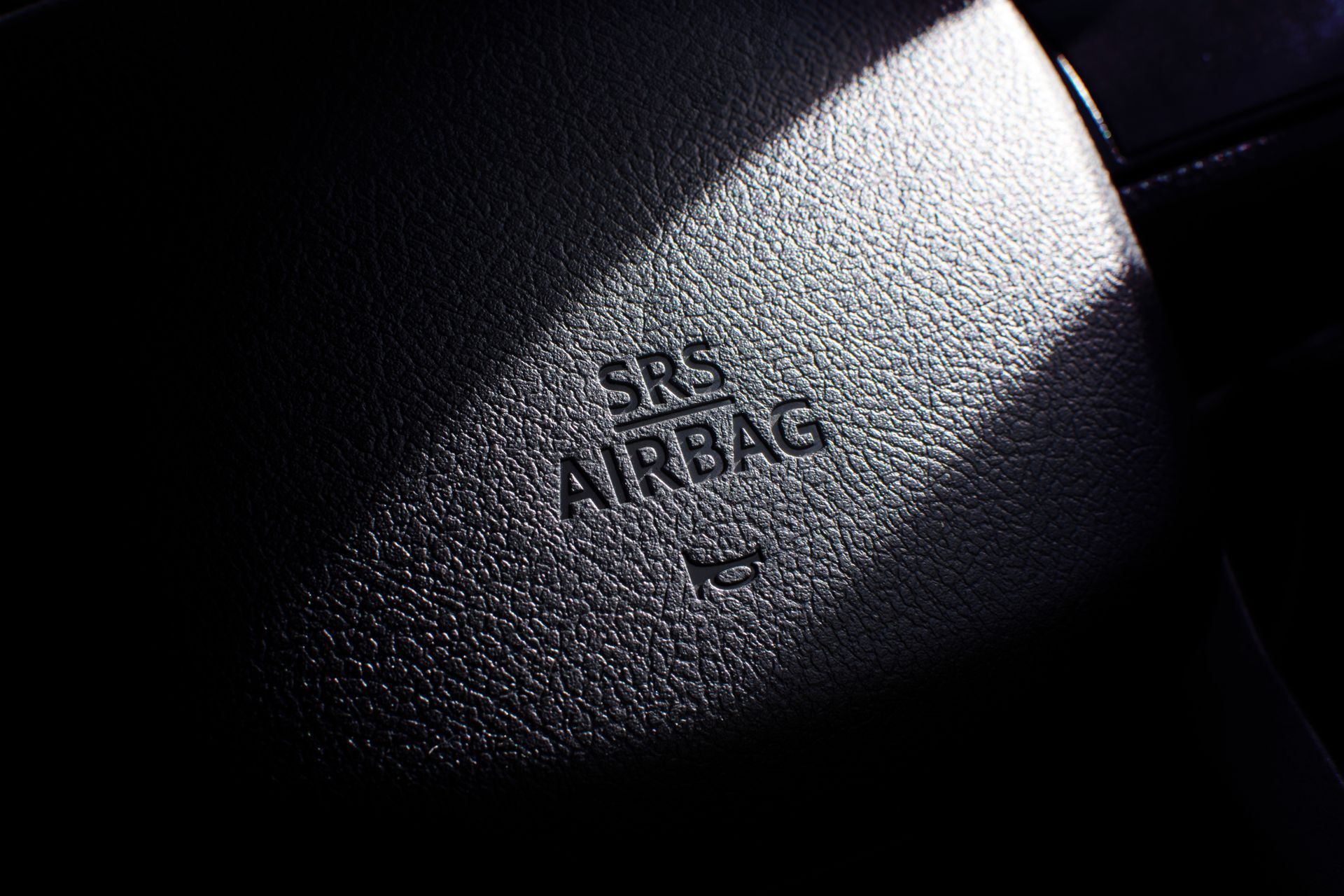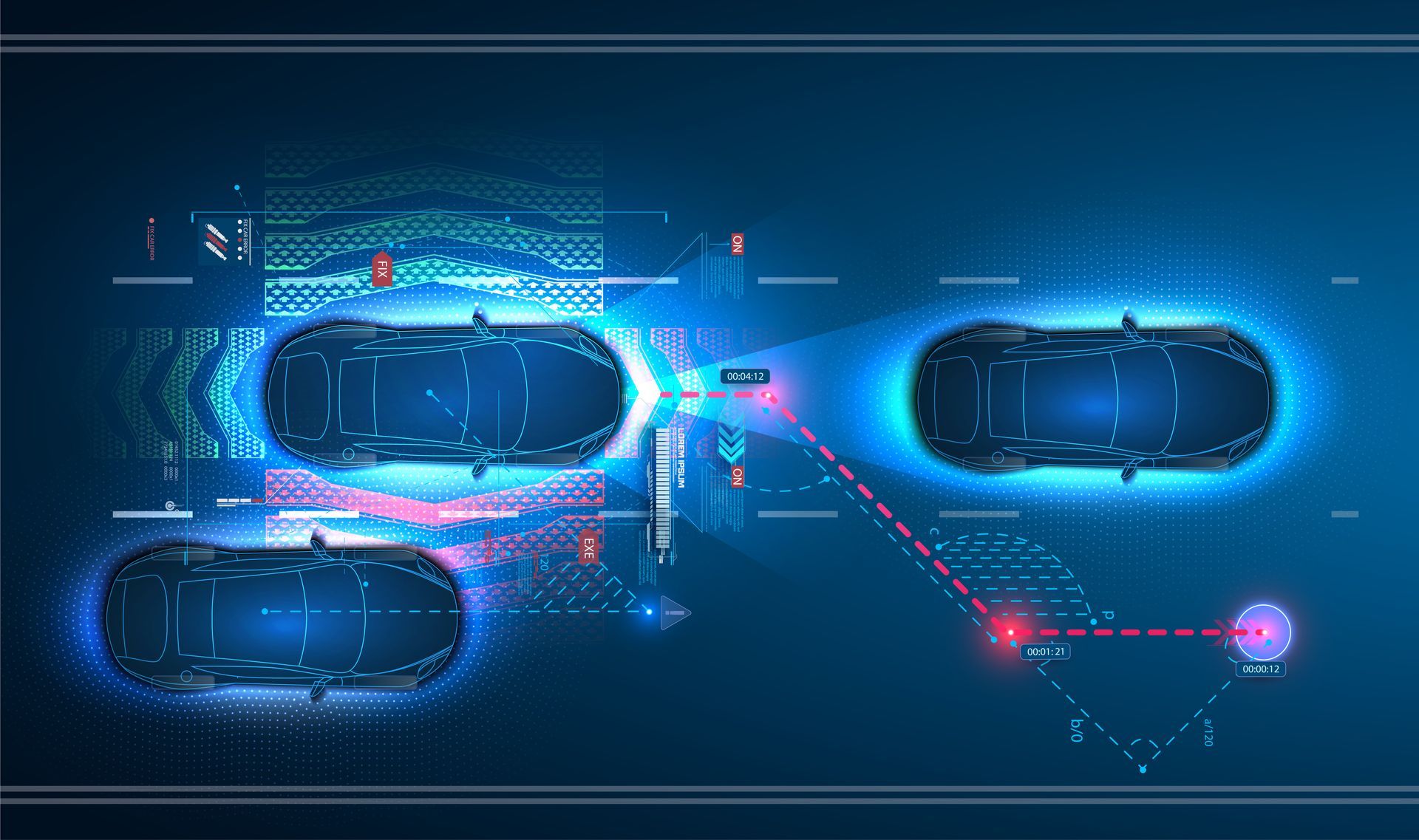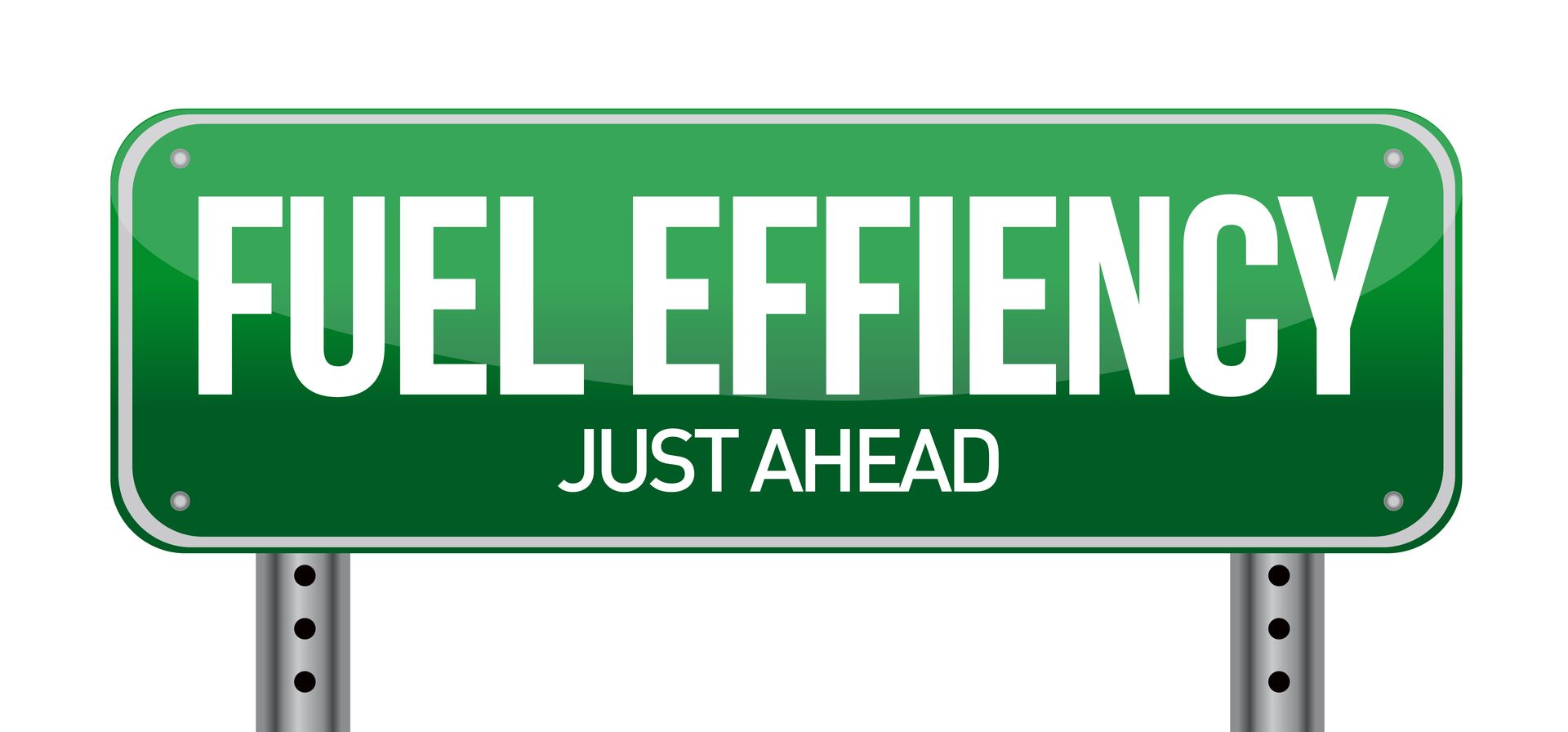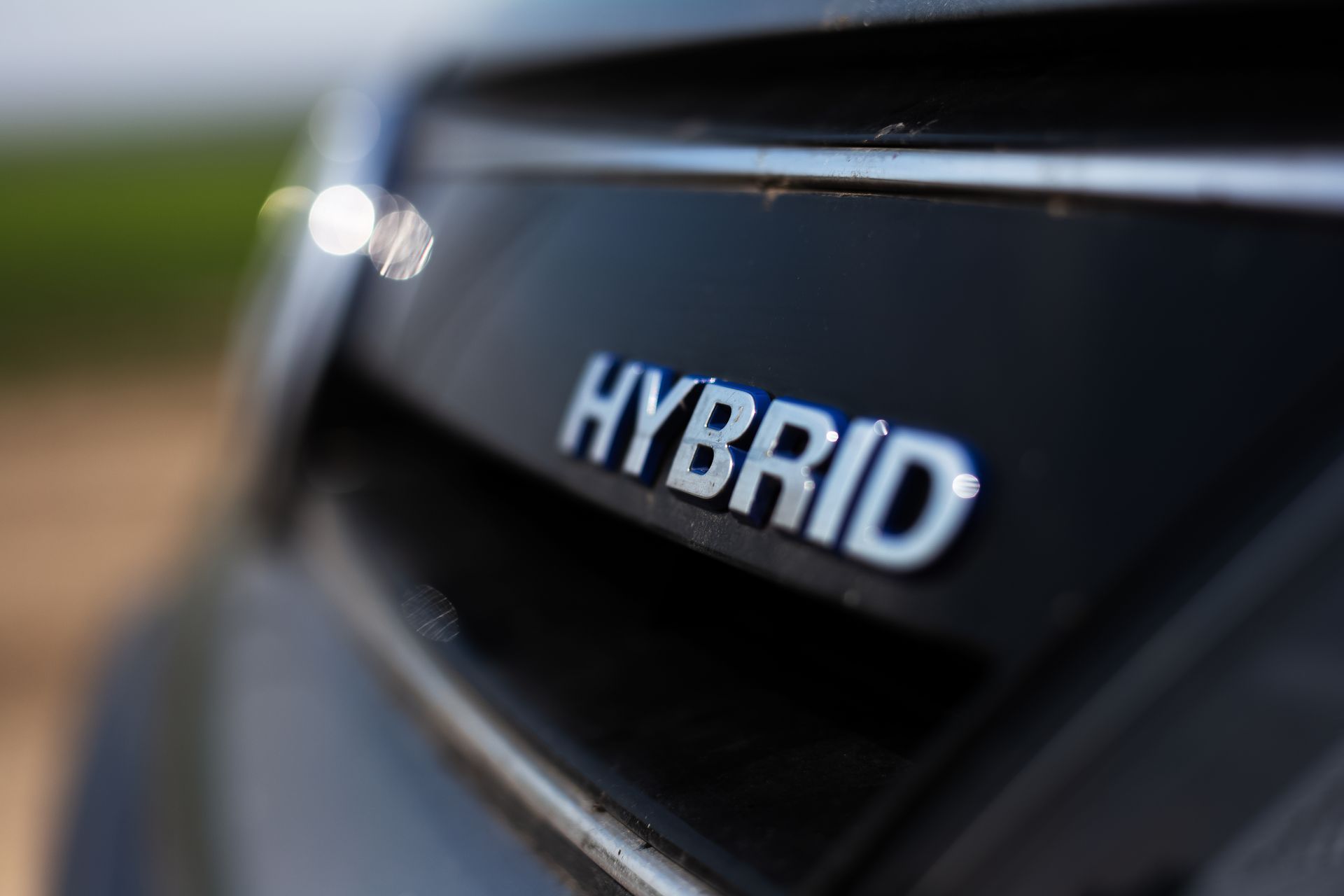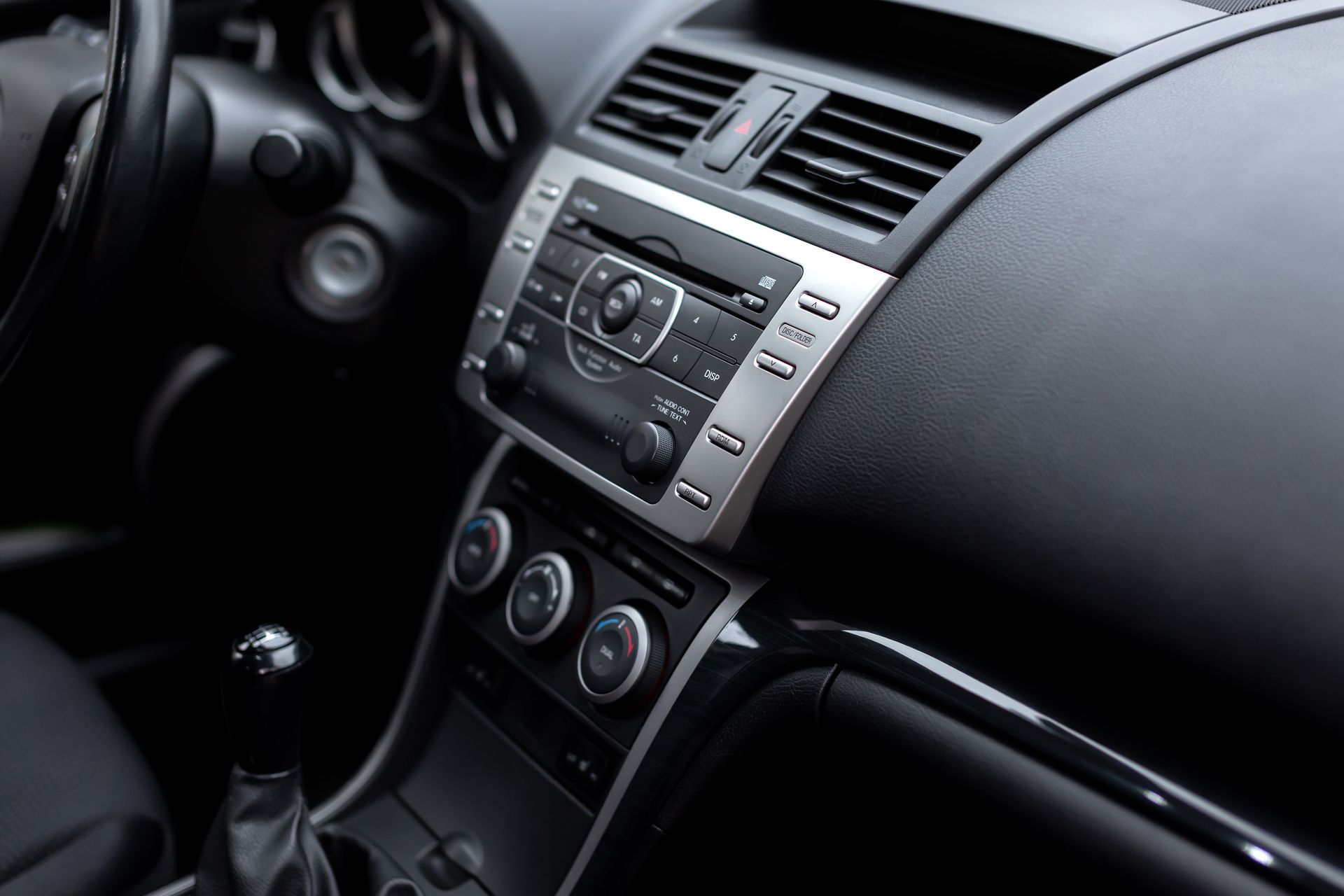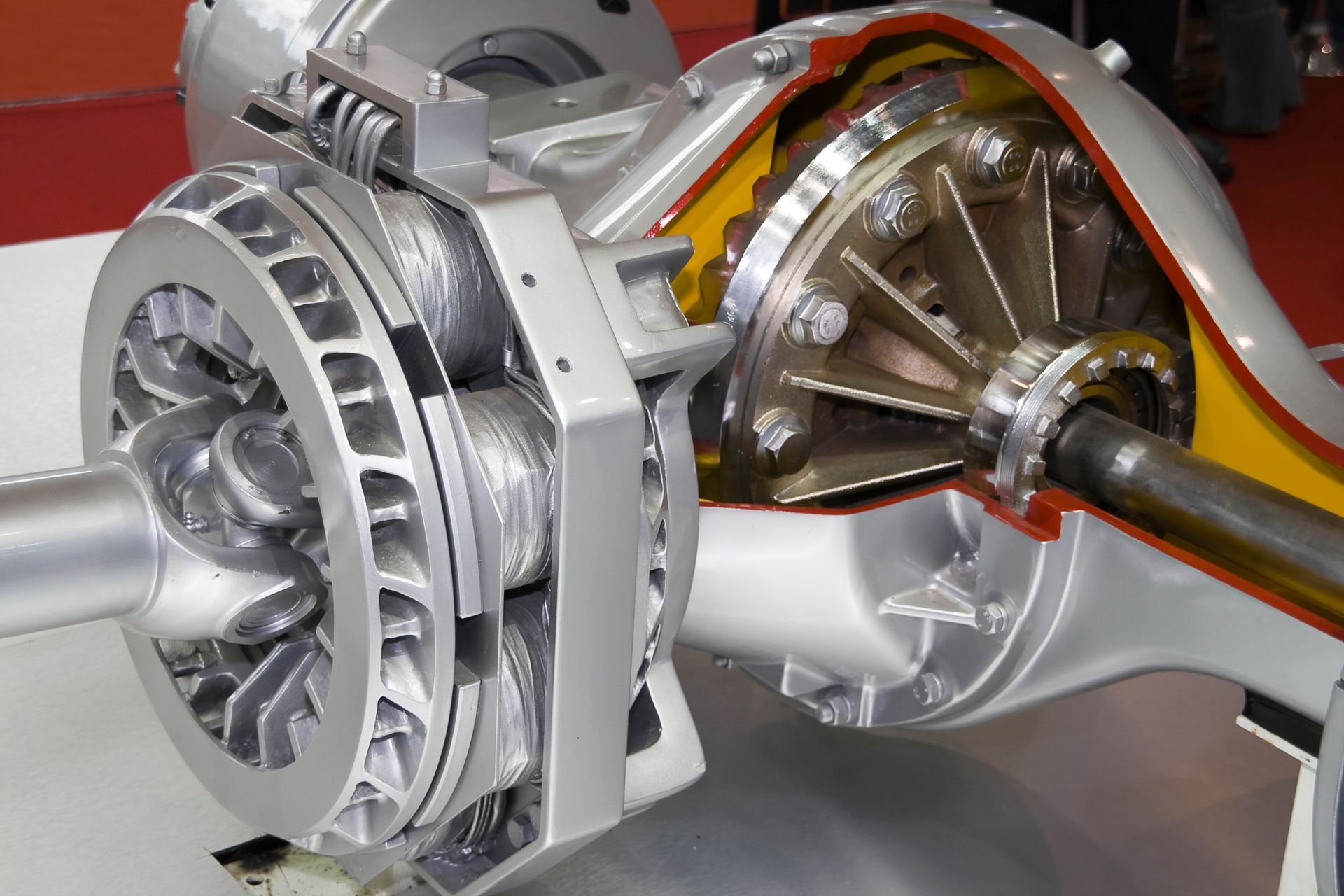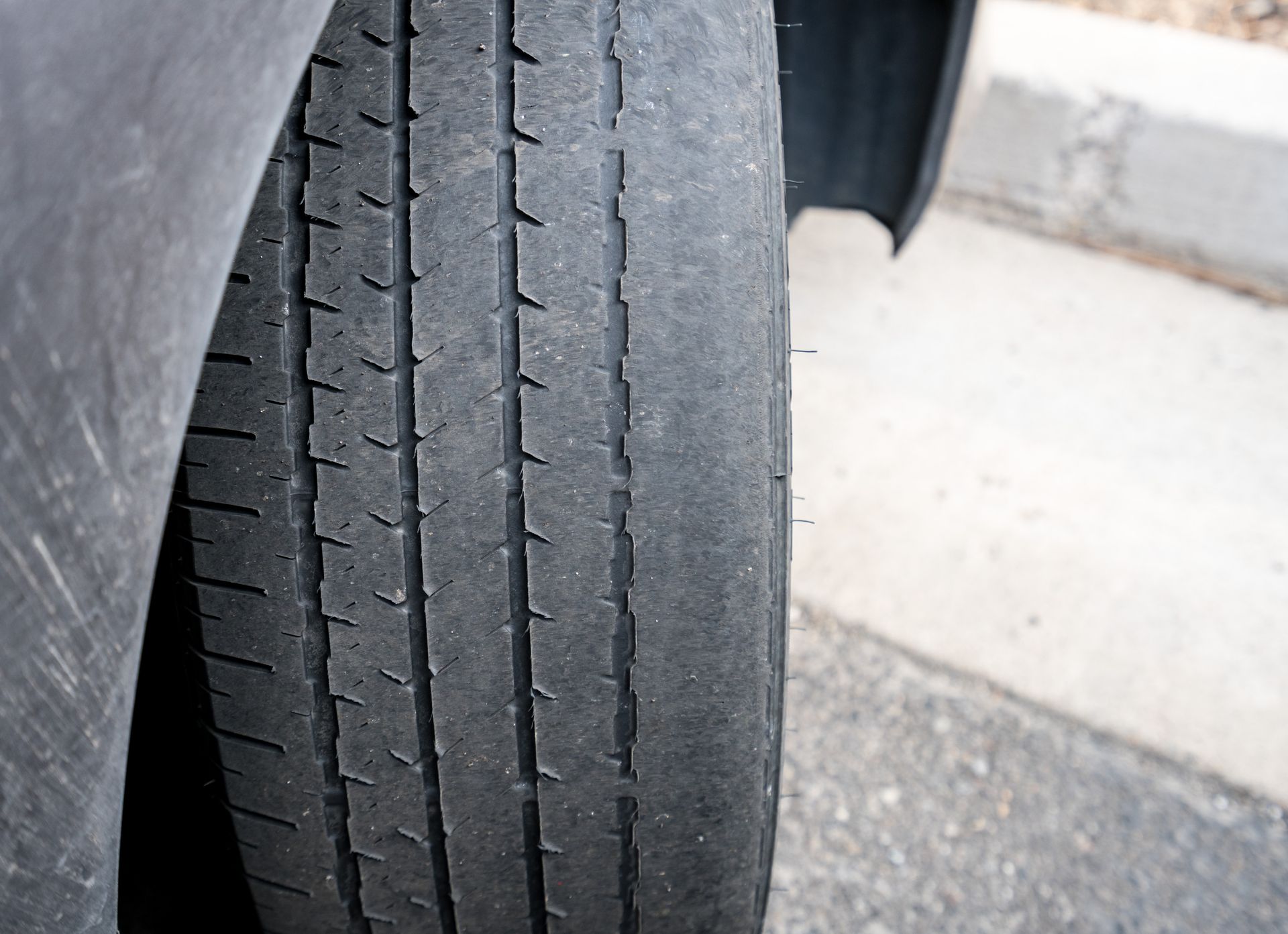If you've ever been driving and seen the dreaded check engine light appear on your dashboard, you know the feeling of anxiety that follows. It can be easy to ignore, especially if your car seems to be running just fine. But putting off addressing this warning can lead to bigger and more expensive problems down the road. Let’s explore why that little light deserves your attention and what could happen if you don’t take it seriously.
What Does the Check Engine Light Actually Mean?
The check engine light is part of your car’s onboard diagnostic system, designed to alert you when something isn’t functioning as it should. It can turn on for a variety of reasons, from something as simple as a loose gas cap to more complex issues with the engine or transmission. It is a broad warning, so it’s not always easy to pinpoint exactly what’s wrong, but it’s telling you that your vehicle needs attention.
Ignoring this light might seem harmless if your car feels fine, but it's a warning system that should not be overlooked. The issue could be something small that can be fixed quickly, or it might be something that could lead to expensive damage if left untreated.
Potential Causes Behind the Check Engine Light
Several issues can trigger the check engine light. While some are simple to fix, others may point to a more serious problem. Here are some common reasons for the check engine light to turn on:
- Loose or Broken Gas Cap: This might seem insignificant, but a loose or damaged gas cap can trigger it. A proper seal is essential for the fuel system to function correctly.
- Faulty Oxygen Sensors: Your car’s oxygen sensors monitor the efficiency of the engine’s fuel use. If they fail, your engine may be running less efficiently, which could affect fuel economy and emissions.
- Worn Spark Plugs or Ignition Coils: These are crucial for engine performance. If these parts fail, it can lead to misfires, poor acceleration, and decreased power.
- Exhaust System Problems: A malfunctioning catalytic converter or issues with your exhaust system can trigger the check engine light, leading to problems with emissions and performance.
Why Ignoring the Check Engine Light is a Bad Idea
It might be tempting to brush off the check engine light if your car is driving fine, but this could lead to problems that worsen over time. Here’s why you should never ignore it:
- Minor Issues Can Become Major Problems: A simple issue like a faulty sensor can lead to more severe engine problems if left unchecked. For instance, ignoring an oxygen sensor issue could result in poor fuel economy and damage to the catalytic converter.
- Costly Repairs: What starts as a small repair can snowball into something much more expensive. For example, delaying repairs for engine misfires or transmission issues can cause major damage that requires a complete engine rebuild or transmission replacement.
- Poor Fuel Efficiency: Ignoring the check engine light can result in your vehicle using more fuel than necessary, which can add up over time and cost you more money at the pump.
- Increased Emissions: A faulty engine component could lead to higher emissions, which might fail you during an emissions test, preventing you from registering your vehicle.
What Happens if You Ignore the Light Too Long
If you choose to ignore the check engine light, there’s a chance that the problem won’t go away on its own. The issue could worsen, and you might end up stranded on the side of the road with a vehicle that’s unable to run. Some issues that trigger the check engine light, like a faulty fuel pump or an overheating engine, could leave you with a non-functional vehicle altogether.
The longer you wait to address the problem, the more expensive the repair could become. So, while it may seem like no big deal at first, putting off the issue could result in major inconvenience and costs.
How to Handle the Check Engine Light Properly
When the check engine light comes on, the best course of action is to take your vehicle to a trusted professional as soon as possible. In Atlanta, GA, getting an inspection can help pinpoint the exact cause of the warning light. Using diagnostic tools, a technician can read the error codes from your car’s computer system and identify the underlying issue.
Even if your car is still running well, getting it checked early on can prevent minor issues from snowballing into expensive repairs. Regular inspections also give you peace of mind, knowing that your vehicle is operating at its best.
If your check engine light is on, don’t wait! Bring your car to
SCC Performance in Atlanta, GA, for an inspection today. We’ll get to the bottom of the issue before it becomes a bigger problem.



